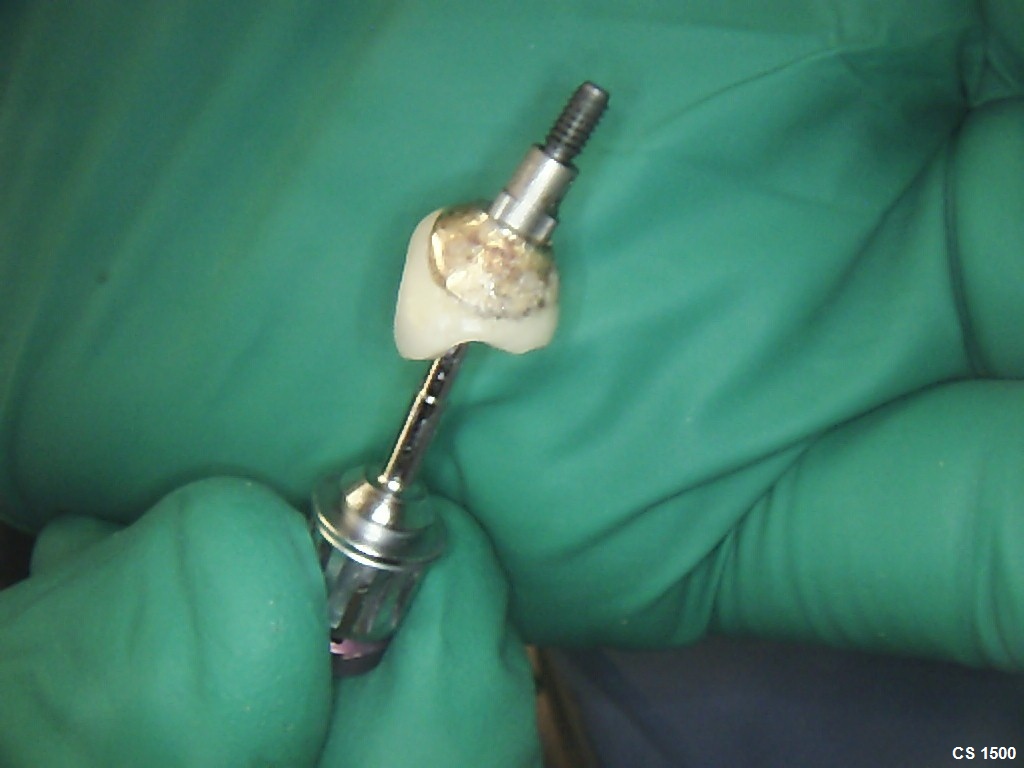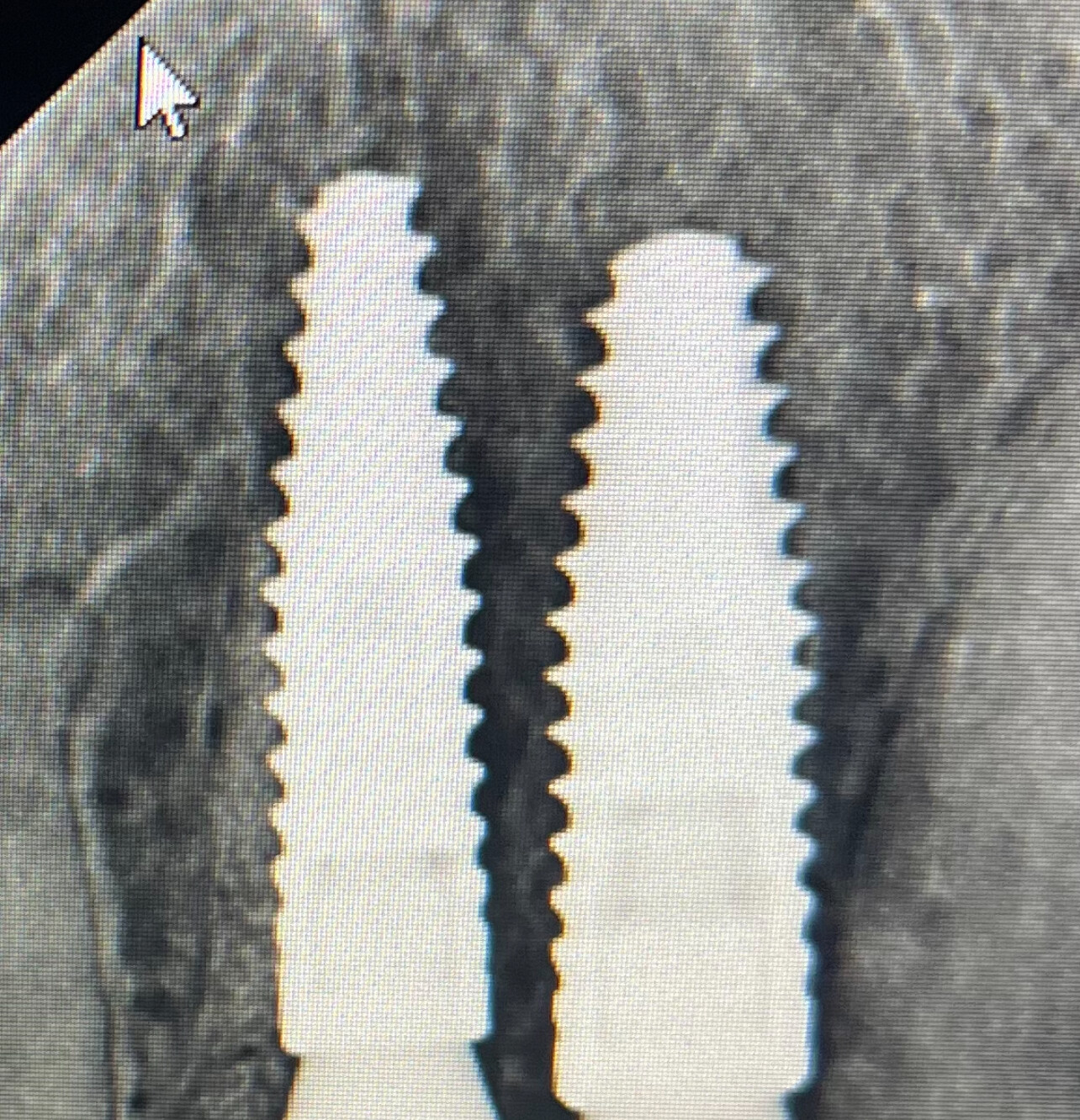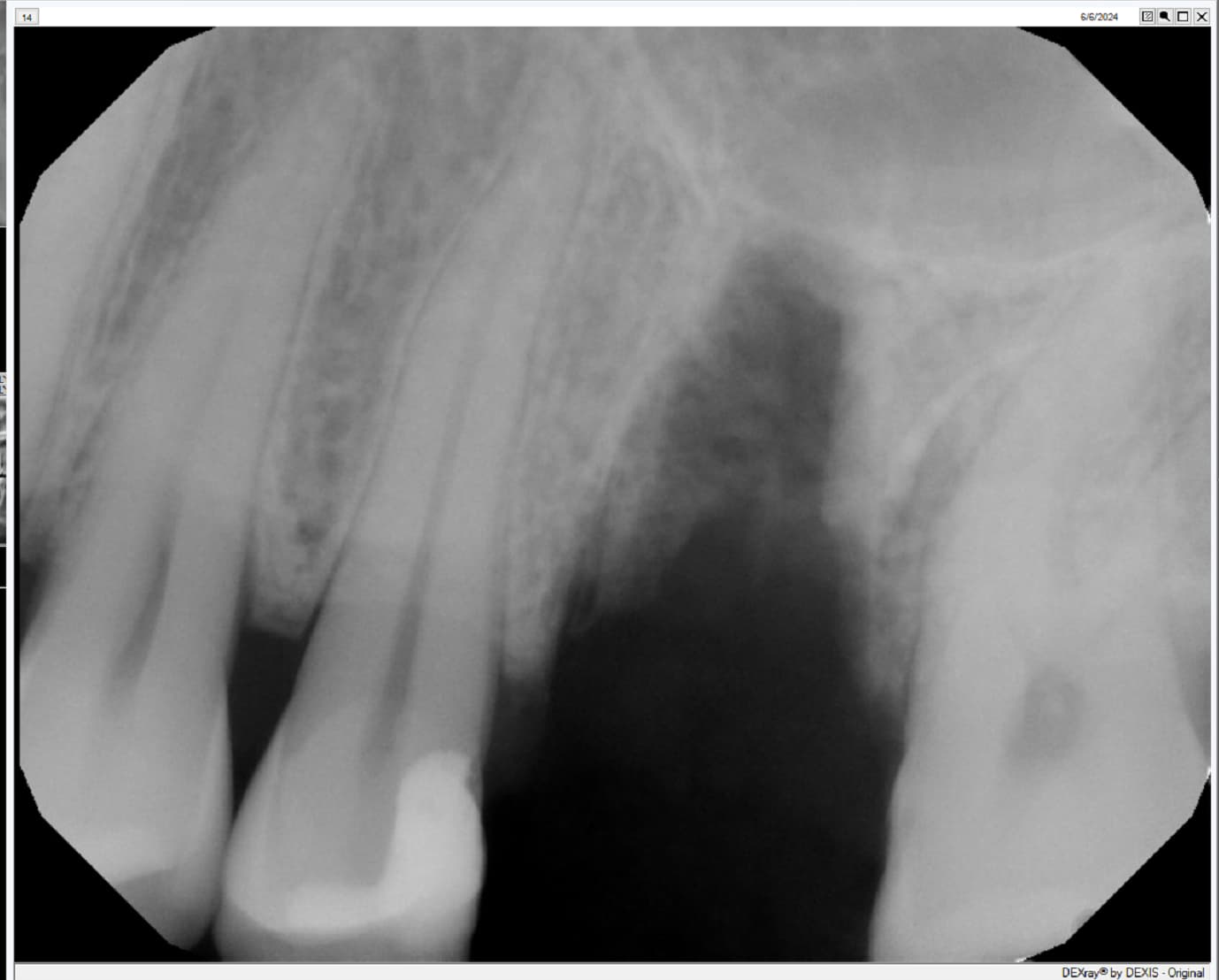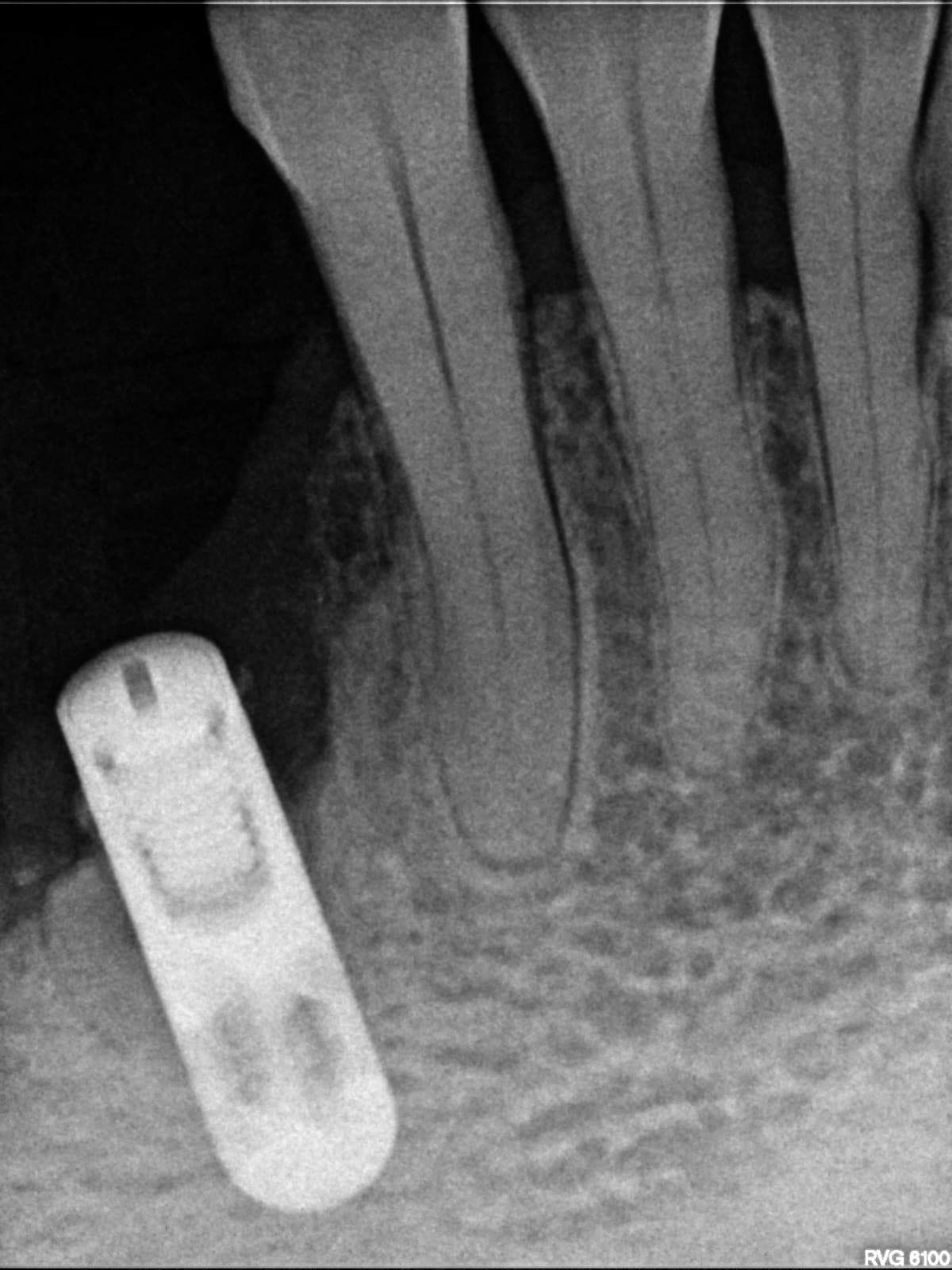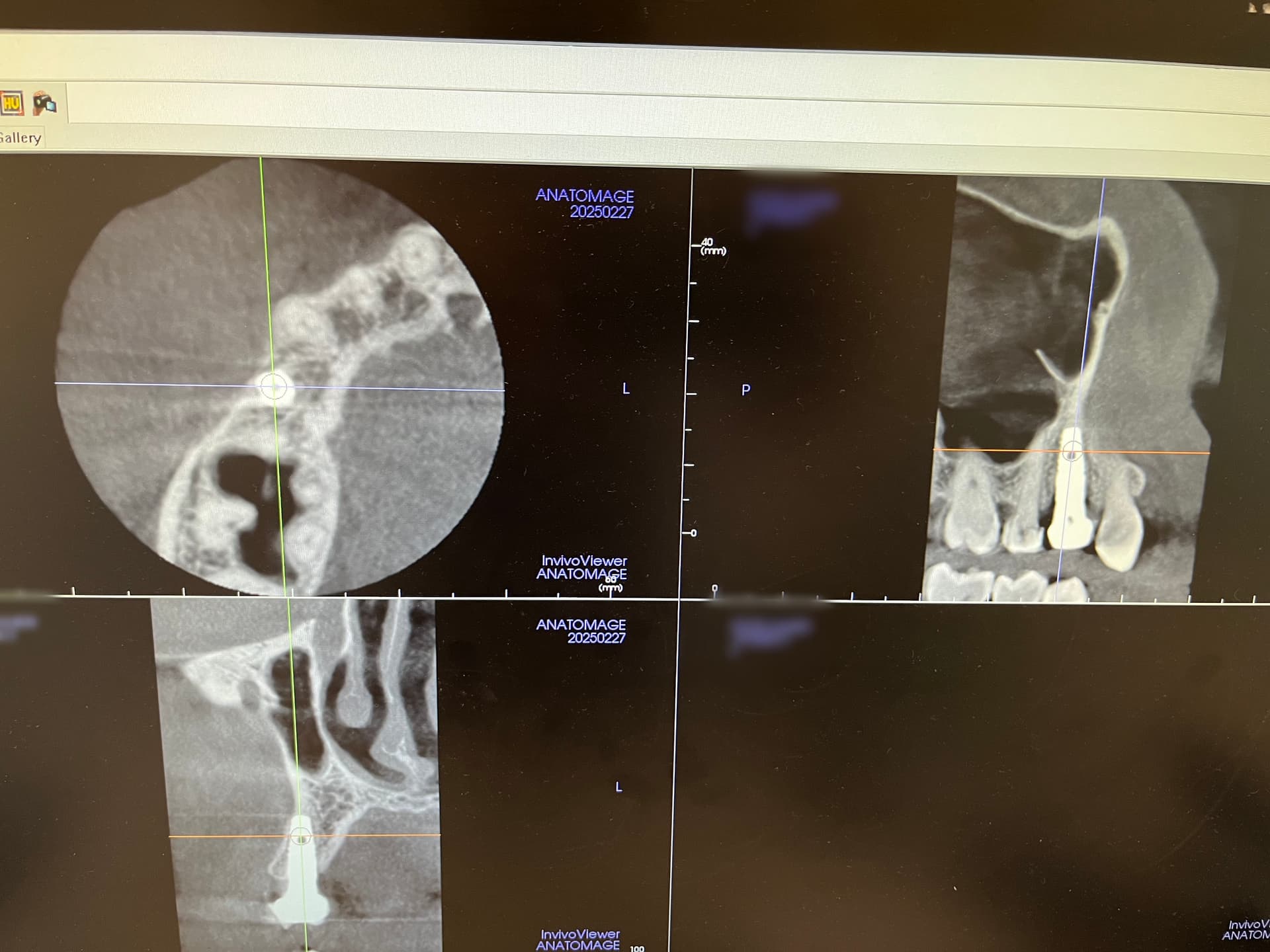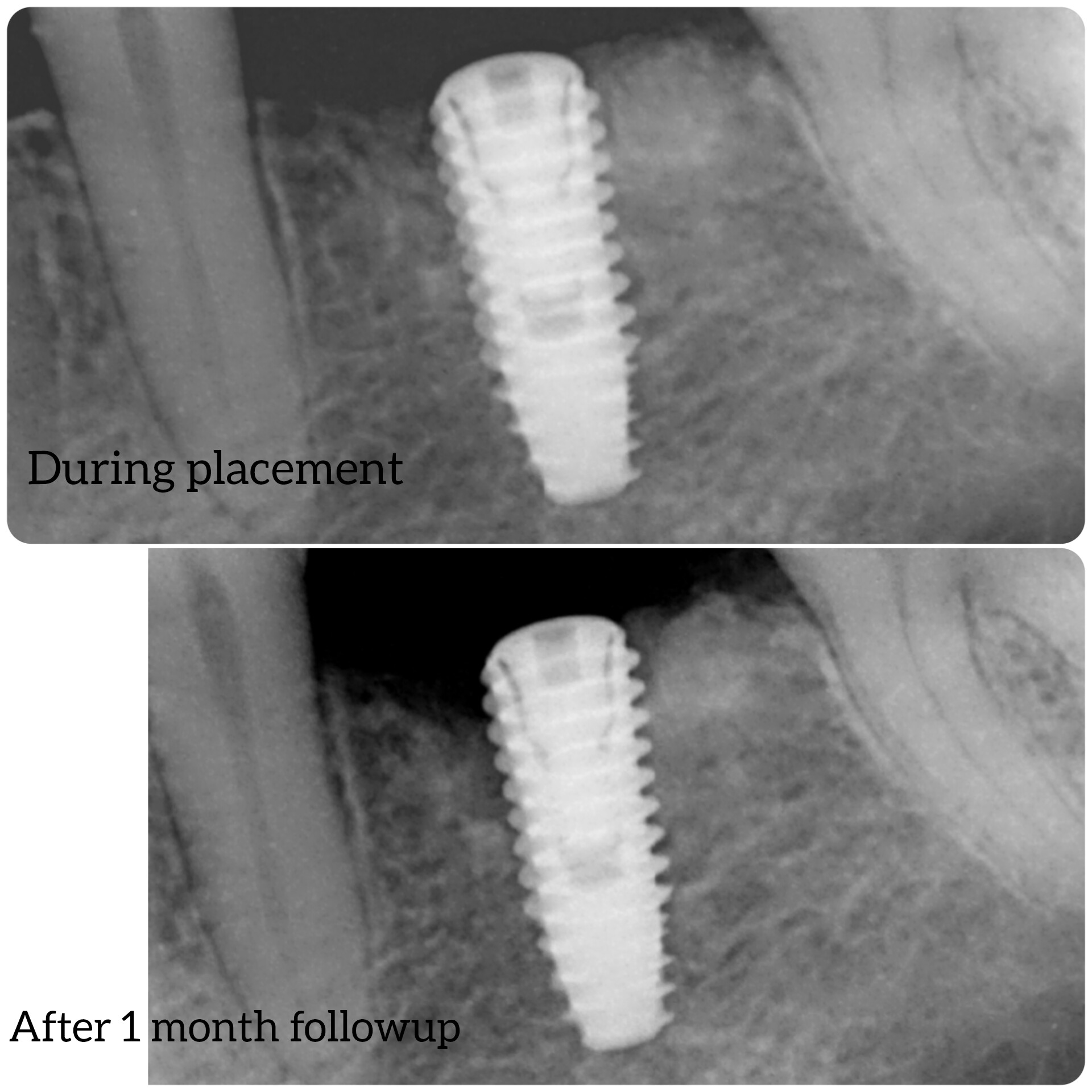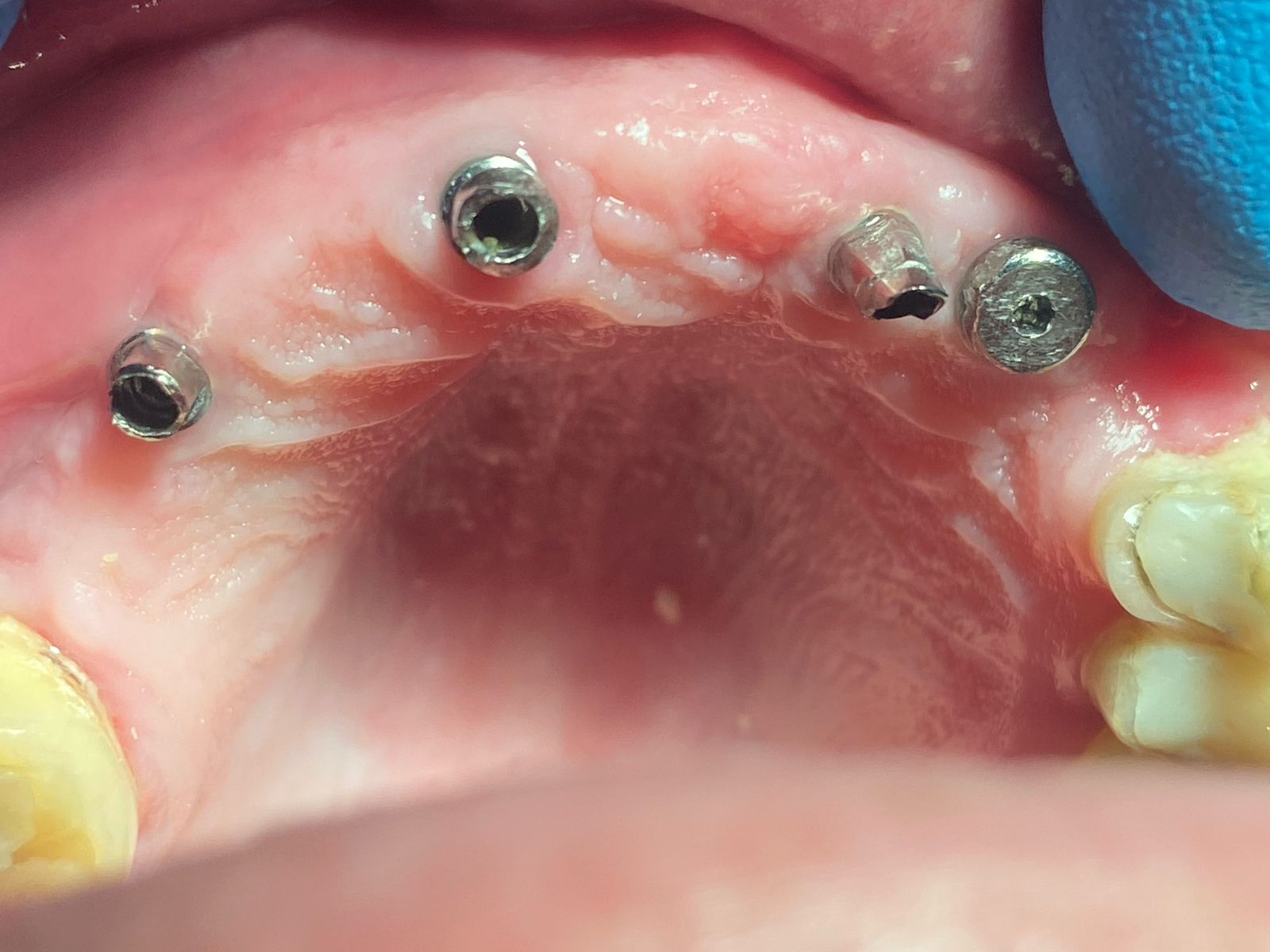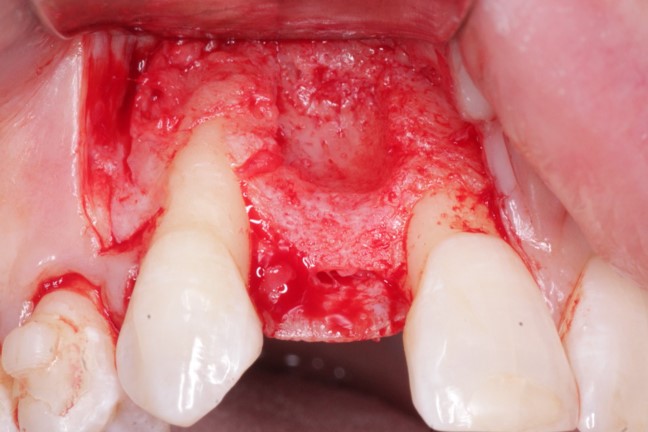Bleach to treat peri-implantitis?
I would like to get your opinion on using bleach on an Ultradent brush tip syringe or in a Waterpik to treat peri-implantitis. Is anyone aware of any studies on this?
Have any of you tried this? What were your experiences? I have been advised that patients using bleach for home care can damage natural teeth. Do you have any opinions on this?
If you have tried this, could you please tell me your protocol?
13 Comments on Bleach to treat peri-implantitis?
New comments are currently closed for this post.
Dr Gilani
3/28/2018
Bad choice. It would kill only the first layer of germs on the implant, if lucky, and necrotizing the surrounding tissues. In fact it will make the matter worse.
Dok
3/28/2018
We should treat all forms of perio the same way. Targeted drug delivery ( even into deep pocket spaces, regardless of their depth or position around teeth ) done on a daily basis by patients at home. Biofilm builds within 48 hours after it is disrupted so daily effective disruption is necessary especially around implants. The choice of biofilm disruptive materials is long including the use of diluted bleach. The real trick is not the chemical agent itself ( bacteria are really not all that hard to kill ) but instead lies in the ability to properly target inaccessible biofilm easily, effectively and on a daily basis.
Geoffrey Pullen
3/28/2018
The use of a dilution of household bleach, 20 parts water, 1 part bleach, to reduce the bacterial and viral load of patients suffering from periodontal disease is reasonably well known. Professor Jorgen Slots is probably the most famous proponents of this protocol. I advise my perio susceptible patients with implants to rinse twice a week for 30 seconds. Spit out and don't rinse. Some add drops of bleach to their Waterpik solution. The folks that follow this advice seem to be less prone to periimplant soft tissue breakdown. I've been very pleased with this approach. It is not a cure all but there is a massive logic to using potent antiseptics in homecare.
Dr Gilani
3/28/2018
IMHO the only logical Tx for this is the same as periodontitis, which is making interface accessible to clean(pocket elimination), and implant surface polished. Long term (life long) exposure of mucosa to radicals to combat periimplantitis, remind me of a children story that a bear wanted to kill a fly sitting on his friend's nose with a huge rock!
Dr. U
3/28/2018
Peri-implantitis is caused by bacteria that are part of a biofilm on the surface of the implant. There are only two ways to remove a biofilm: physical and chemical. The only chemical agent that effectively removes biofilms is phenol, and you don't want to use that intraorally, as it is a severe carcinogen. That leaves physical removal of the biofilm as the only reliable alternative. Bleach on a sulcabrush is like putting a bandaid on an amputation.
Richard Hughes
3/28/2018
I’ve heard the use of Dakens or Dakins solution is effective. Research the topic. This may have potential.
Julian O'Brien
3/28/2018
I have experienced patients with dramatic improvement by using hot water + teaspoon of bicarb of soda in a Waterpik. It works so don't bag it until you try it yourself and with your patients. There is Nordic research supporting this simple, cheap and non-toxic removal of biofilm. Additionally, the removal of food substrates makes bacterial diet less diverse. The Waterpik must be washed "out" or "thru" to prevent internal depositions. The clinician often needs to correct the patient's attention to irrigating stubborn overlooked areas. I once proposed a bumper sticker for dentists: "Kiss a Dentist - taste the difference", but of course, most dentists have never even tried a 600 watt mains power Waterpik.
crnroyal
3/29/2018
Perio Protect
st
3/29/2018
With all due respect to my esteemed colleagues, when is our profession going to evolve from treating teeth to treating actual human beings??? Rinse with bleach on a daily basis???? Have you even stopped for 1 minute to consider what that would do to a person's system? Yes, their teeth might be very healthy, so healthy that they will stand out in their cancer-MS-neuropathic-etc etc etc cadaver. Countless evidence out there supporting that even simple mechanical brushing action, saliva and water will reduce bacterial load to acceptable levels. Add a little tooth paste and a plain mouthwash and that should be enough for the vast majority of patients. The ones that don't respond are usually the ones that we need not bother trying to save, no amount of bleach will make them take care of their teeth.
Respectfully
ST
Sam Low
3/29/2018
First, a patient can not "treat" implantitis, they can attempt to "manage" it by managing mucositis first. However, if true implantitis, the clinician should perform an implantitis protocol at the chair via laser and/or conventional. An end tuff as Sulcabrush with any essential oil or other antimicrobial by a patient will aid in stabilization. Also consider AirFlow with medicaments.
Gordon
3/29/2018
I also think you should at least Google Dakin's (Daken's) solution. 1:20 concentration appears to be very effective,
and becomes harmless salt in the gut. Nothing to lose.
Ken Magid
3/30/2018
Look at the excellent presentation on this subject by Paul Fletcher on You Tube. Paul is an excellent periodontist and part of the Tarnow/Chu practice. He goes into detail the preparation and use of sodium hypochlorite for implant mucositis and peri-implantitis
Lassie86
10/18/2018
Well I came across this article a couple months ago and figured I had nothing to lose. I have had implants on teeth 8 and 9 for about 6 years and was just re-diagnosed with peri-implantitis and re-treated with laser therapy about 8 months ago (first time being years ago- same dentist) I kept up my scheduled deep cleanings , and after about 5 months- the bad breath and eventually the pus was back. As you can imagine, after the trauma, then trying to save the teeth with root canals and caps for YEARS, then the implants, then the infected implants- I am at my wits end. (And going broke) I have been implementing the above mentioned warm water with baking soda, adding salt and sometimes Daikens solution. I do this every night before bed and the bad breath has gone away completely, and no more pus. Of course I do not believe I have cured it, but I’m hoping that perhaps keeping everything in there extremely clean will slow the progression. Let me say that I am not a doctor, just a patient with a lot of time on her hands who has dedicated a lot of it to reading studies and doing research on this, I do not suggest anyone do this and if you are having issues, to visit a dentist. I have my own reasons for losing faith with conventional methods.










